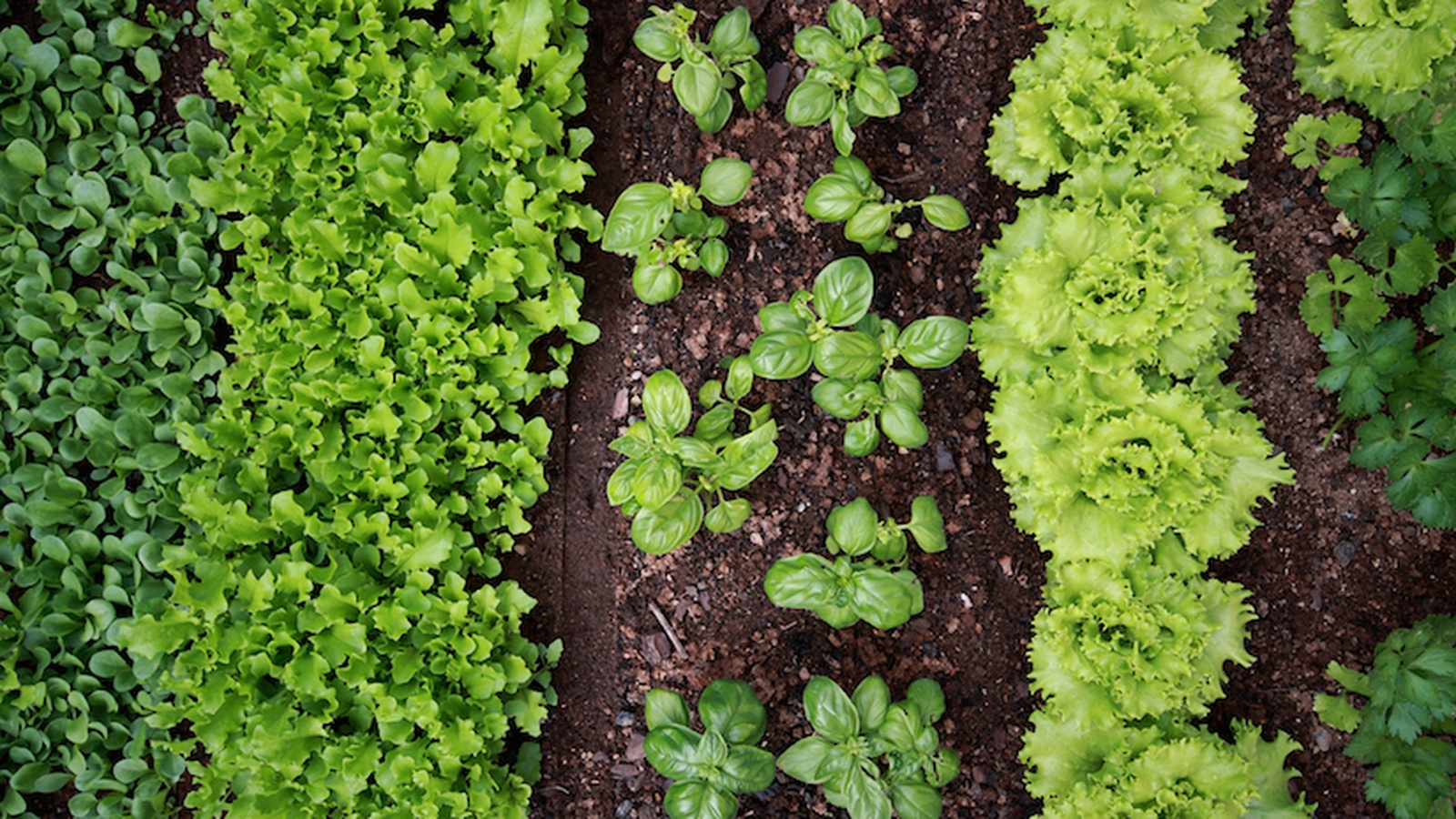Companion Planting For Natural Pest Control
Companion planting for pest control and to encourage plants to grow with more vigor has fascinated men for centuries; however, few backyard gardeners know how to use these natural methods for organic sustainability and how to improve your garden. Plants that work together to help one another grow; plants that repel insects for organic pest management; and plants that repel other plants for natural herbicide control are of great value to both small backyard gardeners and commercial growers.
Certain protective botanicals don't always act instantaneously, and must be planted several years or seasons in advance to be of utmost cumulative effect. For example, companion planting pest control using marigolds to prevent nematode growth should be done at least one season ahead before expecting to see great results.
It's important to remember that both secretions and odors from various plants are valuable traits for organic pest control and companion planting where repelling or attracting certain aspects and effects is attempted.
Ten Easy Companion Planting Tips
Companion planting for chemical free pesticides and organic sustainability is a huge subject that can take years to master; however, there are a few easy things you can do in your own garden right now to make use of this intriguing method of gardening.
1. Protect carrots by planting them with leeks to repel both carrot and onion flies. They won't even lay their eggs and your yield will increase tremendously.
2. Growing radishes or kohlrabi? Plant them with lettuce to repel earth flies that hate the smell of lettuce and make them take flight.
3. Aphids will injure almost all plants, causing headaches for gardeners everywhere. To repel aphids, plant nasturiums around broccoli and bunches of chives among sunflowers and tomatoes to discourage infestations.
4. Ladybugs are natural enemies to aphids and are excellent for use in organic pest management. Order ladybugs in bulk online or buy them from gardening centers. If you're wondering how to improve your garden and reduce the aphid population, this is one of the most effective methods of doing so.
5. Asparagus and tomatoes complement one another and improve the vigor of both plants. Place a row of asparagus between two rows of tomato plants.
6. Beans and potatoes work in concert for organic pest control. Planting bush beans with potatoes in alternating rows protects the spuds from the Colorado potato beetle and the beans from the Mexican bean beetle.
7. Broccoli and other cruciferous vegetables belonging to the cabbage family do well when companion planted with celery, dill, peppermint, sage and rosemary; as well as potatoes, onions and beets.
8. Repel moles around a vegetable garden with a border of castor beans; mice with a border of daffodils; and yarrow makes a wonderful boarder for an herb garden as it encourages the growth of essential oils in the herbs.
9. Remember that companion planting for pest control includes keeping those cute little rabbits out of the garden. Onions repel rabbits and can be inter-planted with peas, beans, lettuce and cabbage.
10. If your garden attracts raccoons, plant corn and pumpkins together so that the large pumpkin leaves grow around the base of the corn stalks. Cayenne pepper sprinkled on the corn silk will also act as a deterrent.
Because some plants are poisonous, it's important to keep unattended young children away from the garden. Natural organic pest control may be a complex subject; however, there are many simple things you can do in to improve your garden for increased vegetable yield and organic sustainability.
Do You Use This Method When Gardening? Share Your Experiences In The Comments Below!
Take the stress out of cooking with 21-days of guided meal plans, shopping lists, and nutrition support. You’ll find all of this, and more, in our signature Clean Eating Program.










